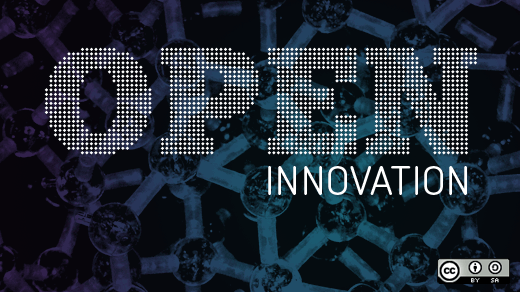When I started teaching PostgreSQL education courses in 2001, PostgreSQL was the ugly one in the data center. Many of the people who were learning how to work with it were doing so grudgingly because of some specific requirement. They had inherited a PostgreSQL database, for example. As a result, many of them tried to learn just enough to do what they needed to do. The other population of students were serious technologists, die-hard open source devotees who wanted to use only open source solutions and were learning PostgreSQL because they needed a relational database for their operations.
But today, PostgreSQL is undergoing a renaissance of sorts as recent advances in features and capabilities have propelled the database forward with enterprises and small businesses alike worldwide. The professionals enrolling in training courses today come from a much broader technical background and the level of enthusiasm is much higher. Knowing how to work with PostgreSQL has become recognized as a valuable career path for individuals. I see experienced enterprise software professionals who are versed in operating systems and Windows, for example, taking the training to advance their careers. I also see whole departments within a company signing up because more enterprises are investing in PostgreSQL.
In classes about PostgreSQL, it helps to combine veterans with newly minted database administrators. Students from a mix of backgrounds provide a more interactive and enriching experience because of the questions they pose. People with operational experience help beginners by providing insight into why someone would need to know or work with some part of the technology. A beginner meanwhile can often pose questions that an experienced database professional never considered and they end up learning from the discussion.
TIP: I tailor my presentations to the students enrolled in that particular course. In the beginning, I ask about their goals and their backgrounds so that going in, I know if I have a large group of beginners or a greater number of professionals with a background in DB2 or Oracle. In presenting the content, I can highlight material that appeals to particular audiences.
But what longtime veterans find is a very different environment in PostgreSQL. Different in a good way. There is a philosophical emphasis in PostgreSQL that is not present in commercial solutions. It’s a database designed by engineers for engineers. Commercial products seek to package and productize features. But with PostgreSQL, there is a modular framework and all the features work with every other feature. There are very few edge cases. So at first, for a database professional, working with PostgreSQL is a very different experience. But once professionals understand the design, they find it’s very intuitive and they’re hooked.
It reminds me of when my son suggested I try Ubuntu Linux. I had to buy a Windows laptop when I was working on the Windows port for PostgreSQL. I downloaded Ubuntu and started using it. I had been working with it for about a month when I had to go back into Windows for a project. I was shocked at how many things I suddenly could not do, things I had begun to take for granted.
PostgreSQL is like that.






16 Comments